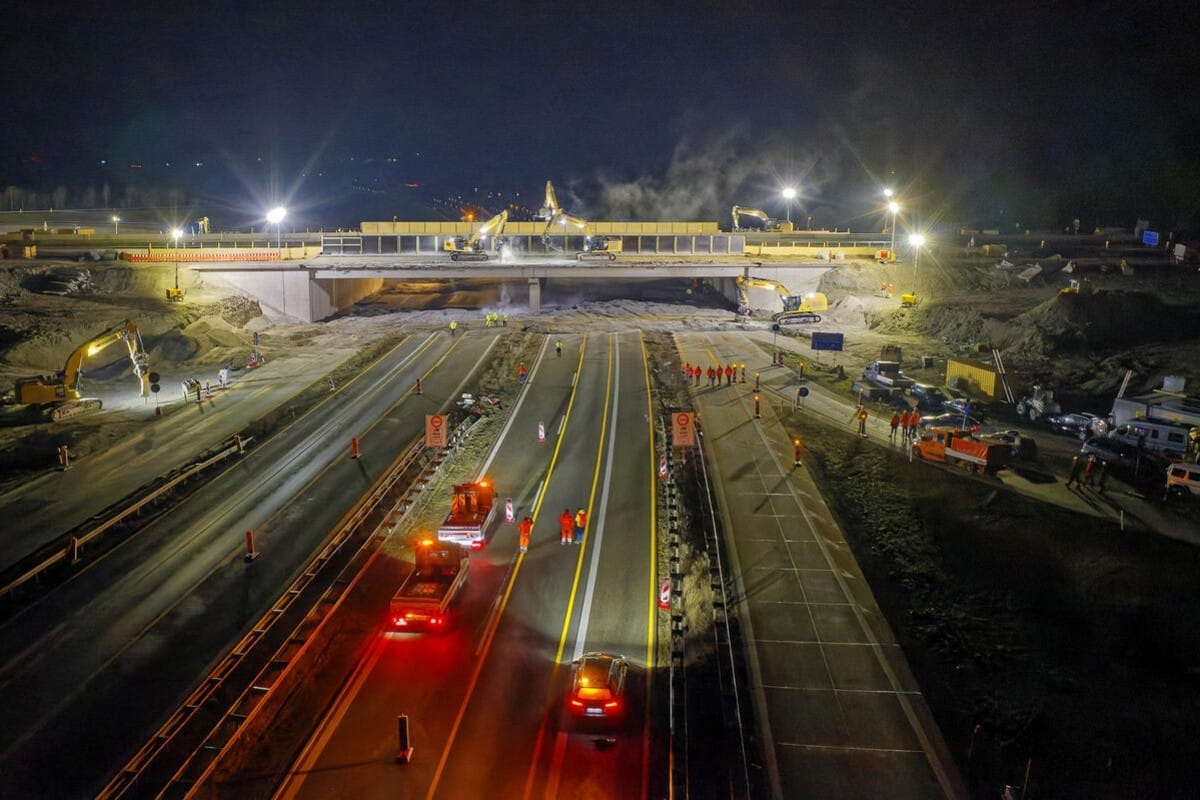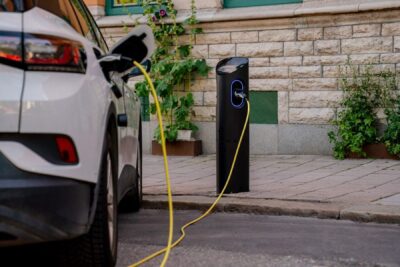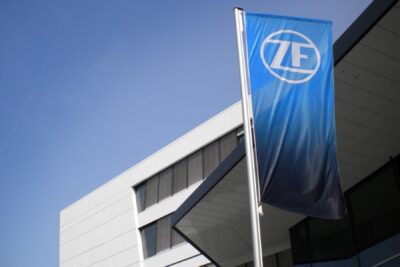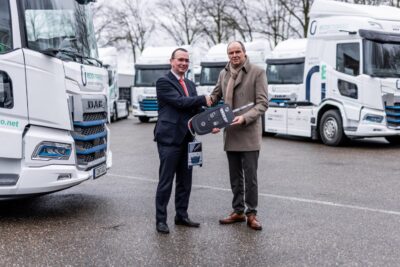VoltaVia project shows how road construction machinery is electrified
In project VoltaVia, PEM is working with Munich-based construction logistics service provider Zeppelin Rental on concepts for the electrification of road construction sites throughout the DACH region on behalf of the Austrian Research Promotion Agency (FFG). The project is scheduled to run for two years and has now reached its halfway point. The PEM is now reporting on initial results based on expert interviews and a global comparative analysis of regions, drive technologies and supply concepts.
According to the report, electric construction machinery generates significantly lower emissions and is easier to operate and maintain. However, in additional surveys of 21 user companies and ten manufacturers, construction companies also confirmed higher investment costs and a lack of charging infrastructure.
According to the Aachen-based researchers, a wide range of previously diesel-powered equipment – from asphalt pavers and hydraulic excavators to wheel loaders – is already available in electrified versions or has been developed as prototypes. In the short to medium term, the market will be dominated by battery-electric solutions, according to the study, while in the long term, hydrogen drives are also likely to gain importance for large equipment with high power requirements.
“[…] electrification can save up to 960 tons of carbon dioxide on a 16-kilometer construction site,” emphasise the initiators, based on their findings. To this end, the VoltaVia partners developed an energy demand model that combines real telematics data, efficiency levels and construction site sizes, enabling a reliable forecast of future electricity and hydrogen demand. In addition, the stakeholders evaluated various supply concepts, from fast-charging systems at the roadside to mobile battery storage and hydrogen generators.
“Electrification of road construction sites is not only ecologically sensible, but also economically feasible – which is crucial to ensuring that small and medium-sized enterprises do not fall behind in decarbonization,” commented PEM Director Professor Achim Kampker. In the second year of the project, the focus will now be on tendering for large-scale projects and investigating the impact on the construction industry. According to Kampker, the aim is to identify practical solutions that enable the widespread implementation of electrification at road construction sites for more efficient and climate-friendly operations.
The project is financed by the transnational ‘D-A-CH Transport Infrastructure Research’ initiative, as well as by the German Federal Ministry of Transport, the Austrian Federal Ministry for Innovation, Mobility and Infrastructure, and the Swiss Federal Roads Office (FEDRO).
This article was first published by Cora Werwitzke for electrive’s German edition





0 Comments